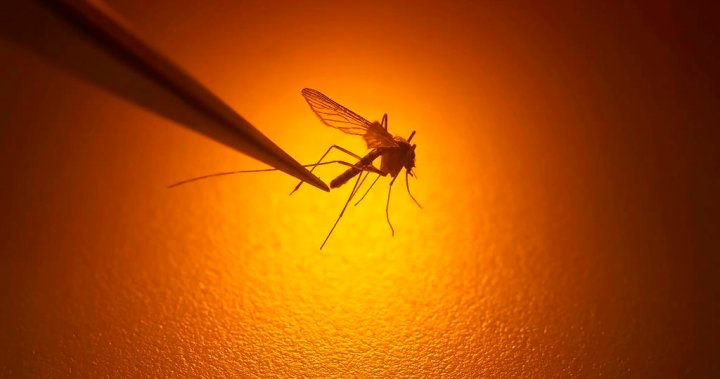
Warmer summers could mean Zika and dengue move into Canada, experts warn
Global News
Zika virus and dengue fever are mostly found in tropical locations, but insect and health experts are warning climate change could bring them to Canada.
With record-breaking heat waves and warmer summers, there are growing concerns from public health officials and those who study insects that insect-borne viruses and diseases normally not seen in Canada could become more commonplace.
Fiona Hunter, a professor of medical and veterinary entomology — the study of insects — told Global News that while cases of Zika virus or dengue fever often are seen in “exotic” locations, that could change.
“All it takes really is to have a population of competent mosquitoes in a place and have somebody who’s travelled and then picked up one of these viruses, comes home, gets bitten by the local mosquitoes and those local mosquitoes bite their neighbours,” Hunter said.
Zika and dengue are commonly found in tropical regions like the western Pacific, parts of Africa and South America.
The Public Health Agency of Canada (PHAC) notes the mosquitoes that transmit Zika are not established in the country due to climate, while dengue is namely seen through imported cases ranging from 200 to 300 annually.
Canada’s species also can’t transmit or be infected with dengue, needing a local population of the Asian tiger mosquito that carries it, and though there’s a small group in Windsor, Ont., transmission likelihood is low.
But while Canada’s climate has kept these insects from spreading across more areas of the country in the past, Sebastien Chouinard with Environment and Climate Change Canada noted on Wednesday that temperatures are rising.
“August saw higher than normal temperatures in most of the country,” Chouinard, director of the department’s meteorological team, said in a federal wildfire and hurricane update. “Over the past decade we have seen higher temperatures and this is because of climate change.”





















 Run 3 Space | Play Space Running Game
Run 3 Space | Play Space Running Game Traffic Jam 3D | Online Racing Game
Traffic Jam 3D | Online Racing Game Duck Hunt | Play Old Classic Game
Duck Hunt | Play Old Classic Game











